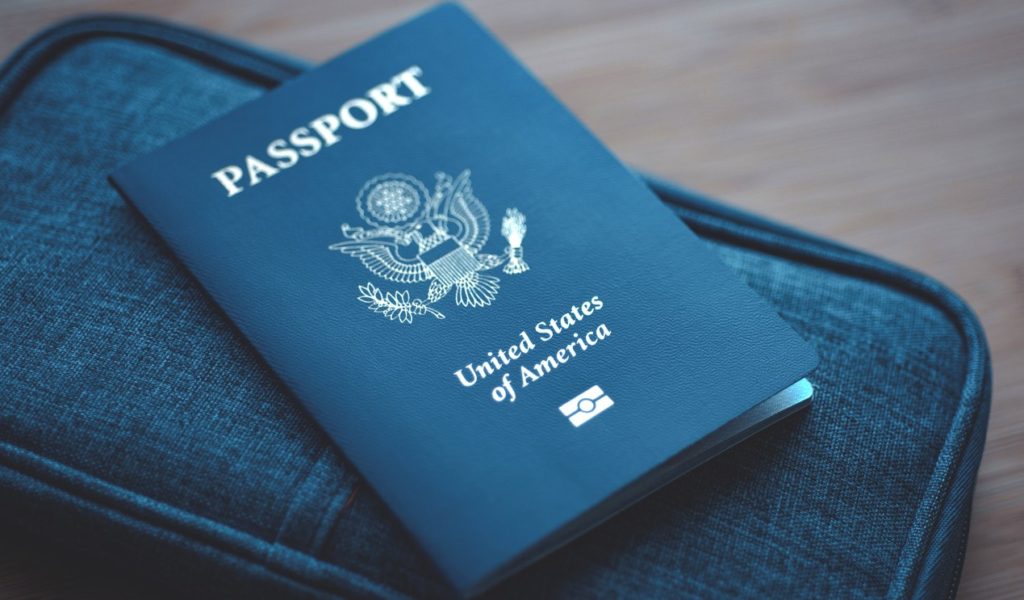4 Tips to Efficiently Manage Expat Tax Clients


With more Americans working wherever they are, you can expect more U.S. expats to struggle to manage their taxes despite all the benefits of working abroad.
While these jobs allowed them to work outside the country, it also presented a host of challenges to fulfilling their tax obligations. Americans living and working abroad file their taxes differently, and it could be more complicated than your ordinary taxpayer.
The complicated tax work should not hinder your expatriate client’s dreams to work and live abroad. Here are some tips to efficiently manage the financial obligations of your expat tax clients:
1. Understand basic tax rules for expats and inform your clients of their tax liabilities
Americans move abroad for different reasons, such as work, marriage, or their dream to reside outside the country. They want to earn money, retire there and live their life to the best of their abilities. However, with much day-dreaming, some tend to forget their tax liabilities. Thus, it is essential that you, as their accountant, remind them of their tax responsibilities.
Many retired expats leave the United States with the intention of starting a side company or receiving income from investments without realizing that the money they would earn would be taxed. It is critical to inform clients that they would not only be obliged to declare income from investments or new ventures. They should also pay U.S. taxes, which most tend to overlook.
Expatriate retirees also expect that they would receive a tax reduction when they live abroad. However, unlike other American residents who work abroad who qualify for the foreign earned income exclusion, they are not inclusive of the tax decrease.
In addition to how the United States will tax the expatriate’s international wages and perks, CPAs should also inform clients how their host country will tax their income. Each country has its own tax rules, and many ask foreign employees to pay some tax.
While salary and bonus taxation may be relatively simple, job benefits such as retirement matching contributions or profit-sharing taxations are where it can get complicated.
2. Clear out any future issues or projections
Many expat clients, who are also business owners of their firms, are anxious about the future of their finances and business. Thus, given the complexity of expatriate taxes, most clients would fret over what could happen in the next few years.
As their trusted accountant, there is no better individual to advise them and prepare them for any problems they may encounter. Whether you have a client who is about to work abroad or has been residing outside the country for a while, accountants must carefully consider several factors and explain important tax aspects to the client.
Accountants must concentrate on the details and inform their clients about the tax rules they must know, such as foreign tax regulations, eligibility for exclusions, and foreign tax credit structures to optimize value. If any future tax problems arise, they may take a toll on your client’s financial security.
Besides foreign tax liabilities, you can also assist them in making crucial business choices. Some aids could be drafting a tax bill, hiring a new employee, or planning to reinvest in their business.
You may also advise them with some banking and financial services to assist them with maintaining financial security. This way, your client can avoid stressful situations that alleviate future problems.
3. Keep your client informed by maintaining strong communication
Despite financial advantages, most expats have to juggle different tasks every day. If they are not well-informed about basic accounting practices and responsibilities, they will encounter immense stress when things get too overwhelming due to financial and tax mismanagement. Thus, maintaining solid communication between the two sides is crucial.
An excellent two-way communication strategy assists expatriates in fully knowing what they will be receiving and liable for. Accountants may also provide access to professionals and financial institutions who may help them feel less alone in navigating the frequently complicated tax regimes in host nations.
Clients don’t need to know the nooks and crannies of how you keep their taxes under control. They just need to be sure that you are competent enough to manage their taxes, which you could show by giving them transparent updates and knowledgeable advice. Remember that your clients come to you for a reason, mainly because they need ardent help and trust your expertise and judgment.
4. Gear up to make digital tax work
Thanks to online tools and technologies, expats can now file their taxes online. Moreover, many clients prefer that accountancy practices be made digital. Accountants can use tools to automate the manual work of documentation and calculation by using software programs.
You can find online tools with excellent accounting features that can help you do essential tax work without manual fatigue. Investing in this accounting software will establish your credibility as an accountant in the modern world, gain client trust, and build client-accountant relationships.
Wrapping It Up
Many Americans are moving abroad for their own reasons. However, that doesn’t excuse them from their tax responsibilities. Although expats have financial benefits, managing their taxes is more complex than an ordinary U.S. citizen.
You can still assist your clients in fulfilling their dreams to work abroad by helping them with their needs. Hopefully, the four tips mentioned above can help you handle your expat clients’ taxes better.

